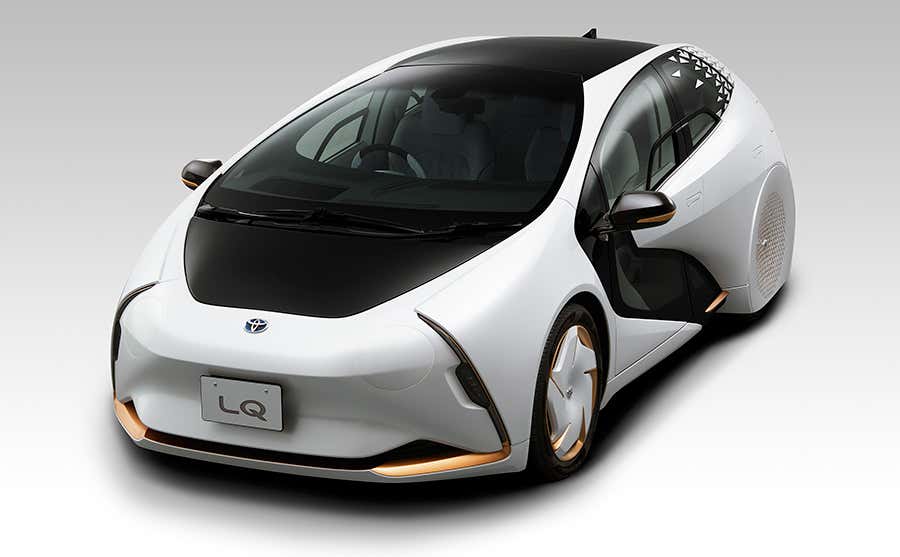
Game Changer: Toyota Just Figured Out Solid-State Batteries in This Prototype
Hyperbole aside, this is a game-changer for battery-powered vehicles. Everyone knows that the current lithium-ion battery system is somewhat of a hamfisted effort. But battery technology, for as much as it has improved, moves slowly. Very slowly. But now, Toyota has a working prototype of a solid-state battery vehicle.
Two things come to mind. First, Toyota has looked to be years behind in embracing electric-powered vehicles. Where did this come from? And two, solid-state batteries have been around for years. But planting them into a running, driving car has had its challenges. It looks like Toyota may have found the key.
Up to now, manufacturers haven’t found solid-state batteries can handle typical driving conditions

Solid-state batteries have not been able to hold up under typical driving conditions. And repeated charge, discharge cycles are another issue. So Toyota having conquered those major hurdles is a game-changer for battery-powered vehicles. And there are so many advantages if Toyota can make an EV capable of handling day-to-day driving situations.
Lithium-ion batteries use liquid electrolytes. Going with a solid material increases the range of temperatures batteries can function in. And, it makes for a much less flammable battery. Plus, they can charge much faster and give more power. So this really satisfies many of the downsides consumers see.
Another problem with lithium-ion batteries is that they’re heavy. The coming Hummer EV weighs in at almost 10,000 pounds. That thing will be like a battering weapon on the road. Can you imagine a Nissan Leaf or Ford Focus involved in a crash with a Hummer?
Solid-state batteries are the answer to electric propulsion
But with a solid-state battery, there is more energy density, so less material means less weight. That means the drive system works less for the same range. And maneuverability is improved. It is a win, win, win situation.
The downsides are few but significant. Manufacturing costs are an issue. But it is thought that a massive increase in production costs will drastically reduce this problem. And, of course, producing high-performance batteries that can stand the rigors of driving is the biggest challenge.
Some automakers have this technology in development, but haven’t found the key

Some companies have tickled the solid-state battery idea. Mercedes has a bus prototype with the technology but treats it with kid gloves. BMW is working on its own but has said it won’t have much before 2025. And Fisker made big claims it would have the technology figured out before all hype evaporated. It’s not the first time this startup has made headlines with nothing to show.
Toyota says it is comfortable enough to have a solid-state vehicle in its arsenal in the “early 2020s” according to Nikkei Asia. With a running, driving host that stands out like this former LQ Concept vehicle from 2019, we know it is probably the first. But who knows how many mules are running around looking like ordinary Camarys?
So, just like it created the jump to hybrid power, could Toyota again be changing modern propulsion? Some companies will, and sooner rather than later.



